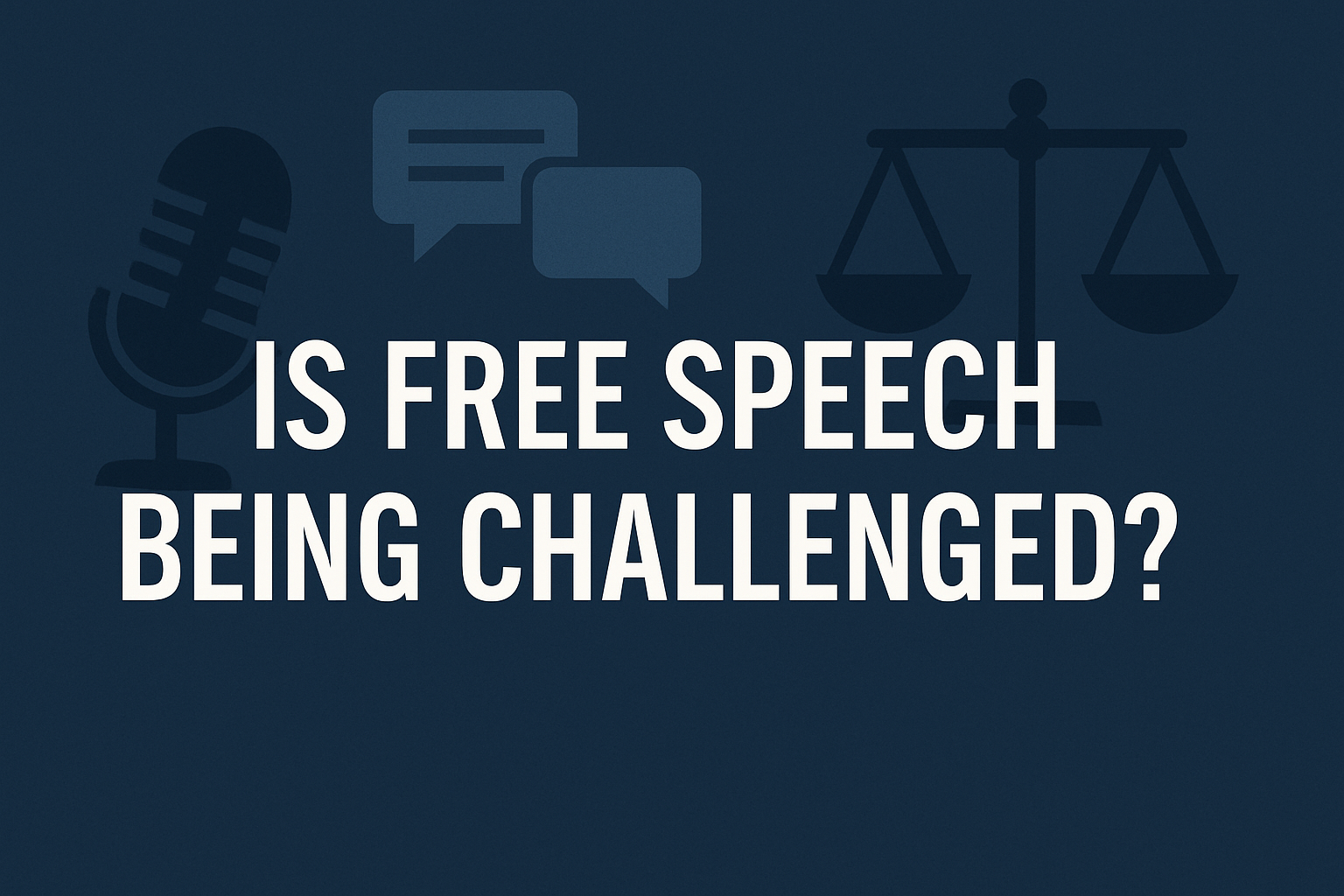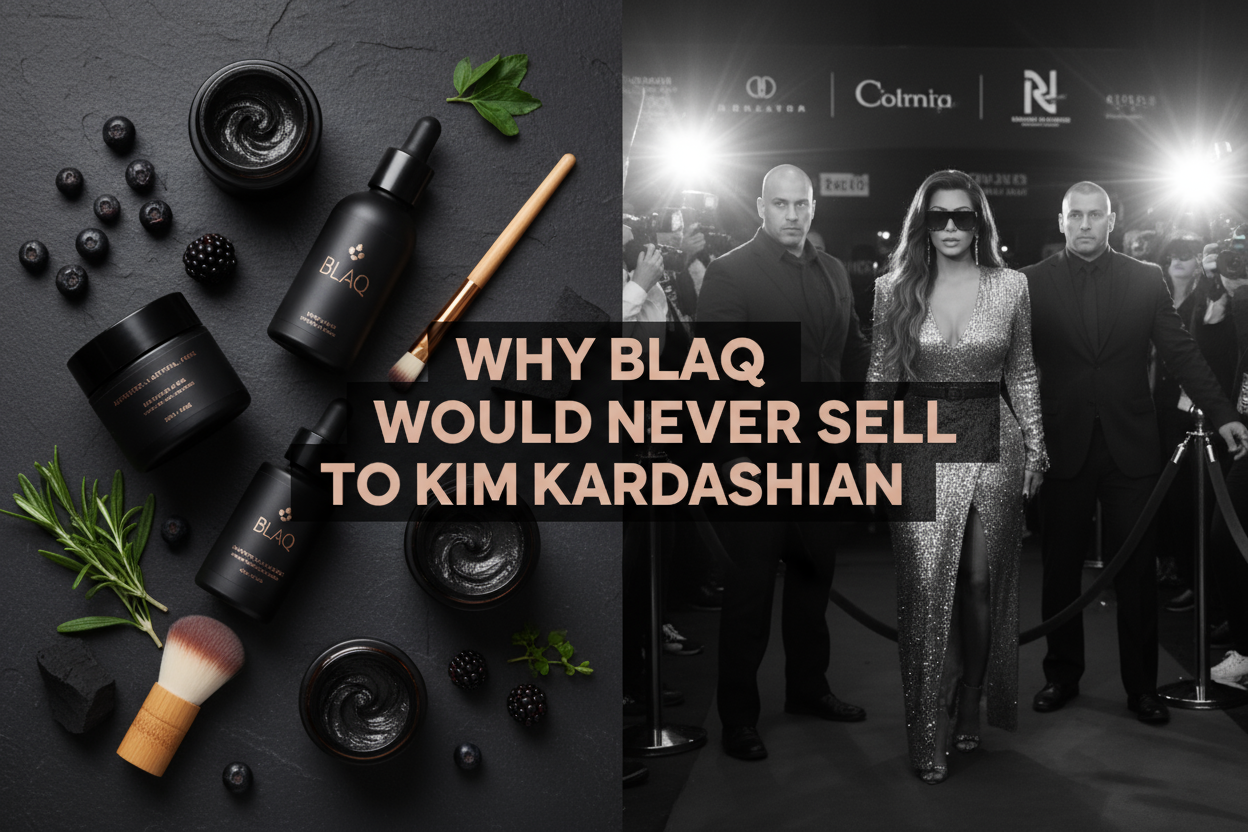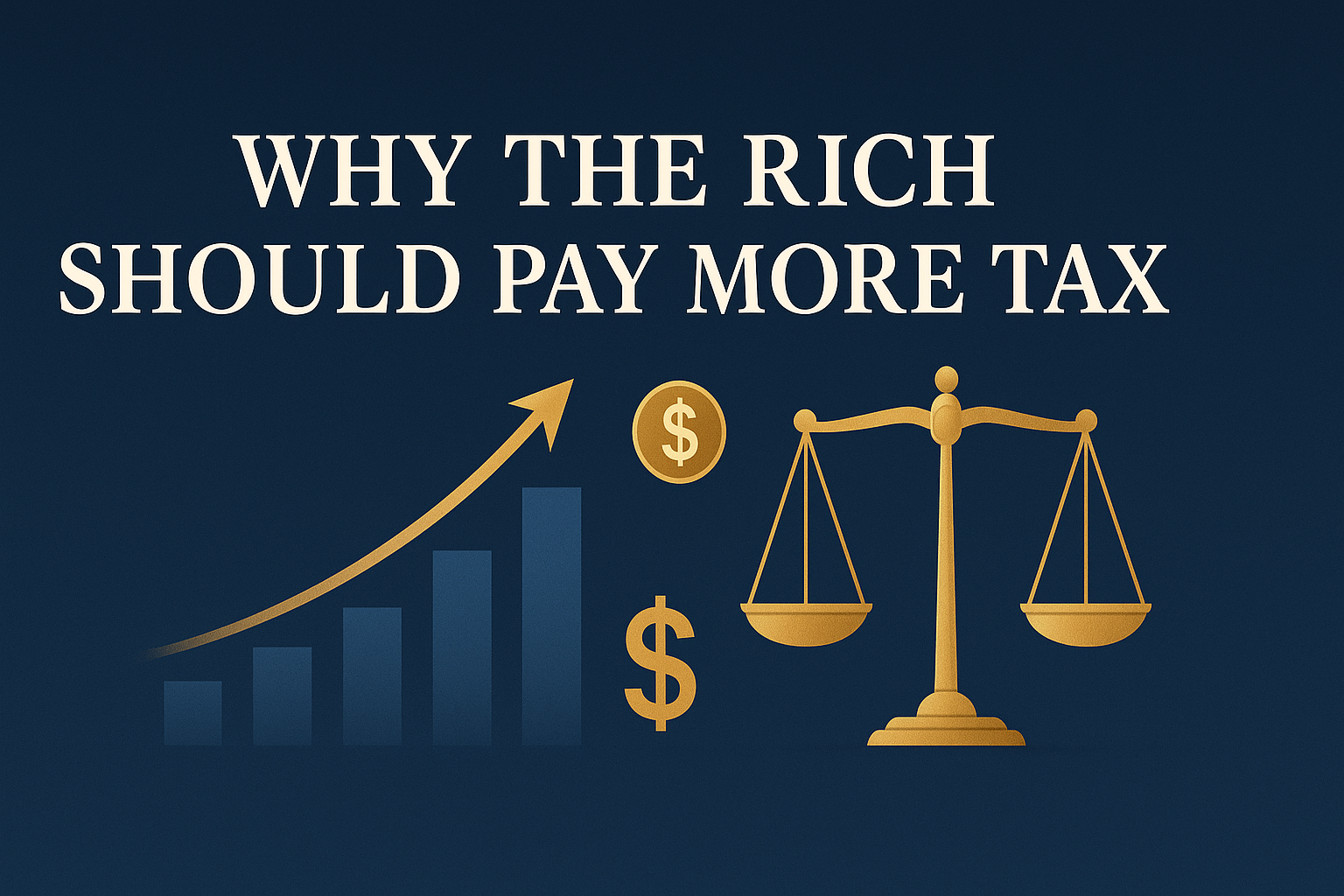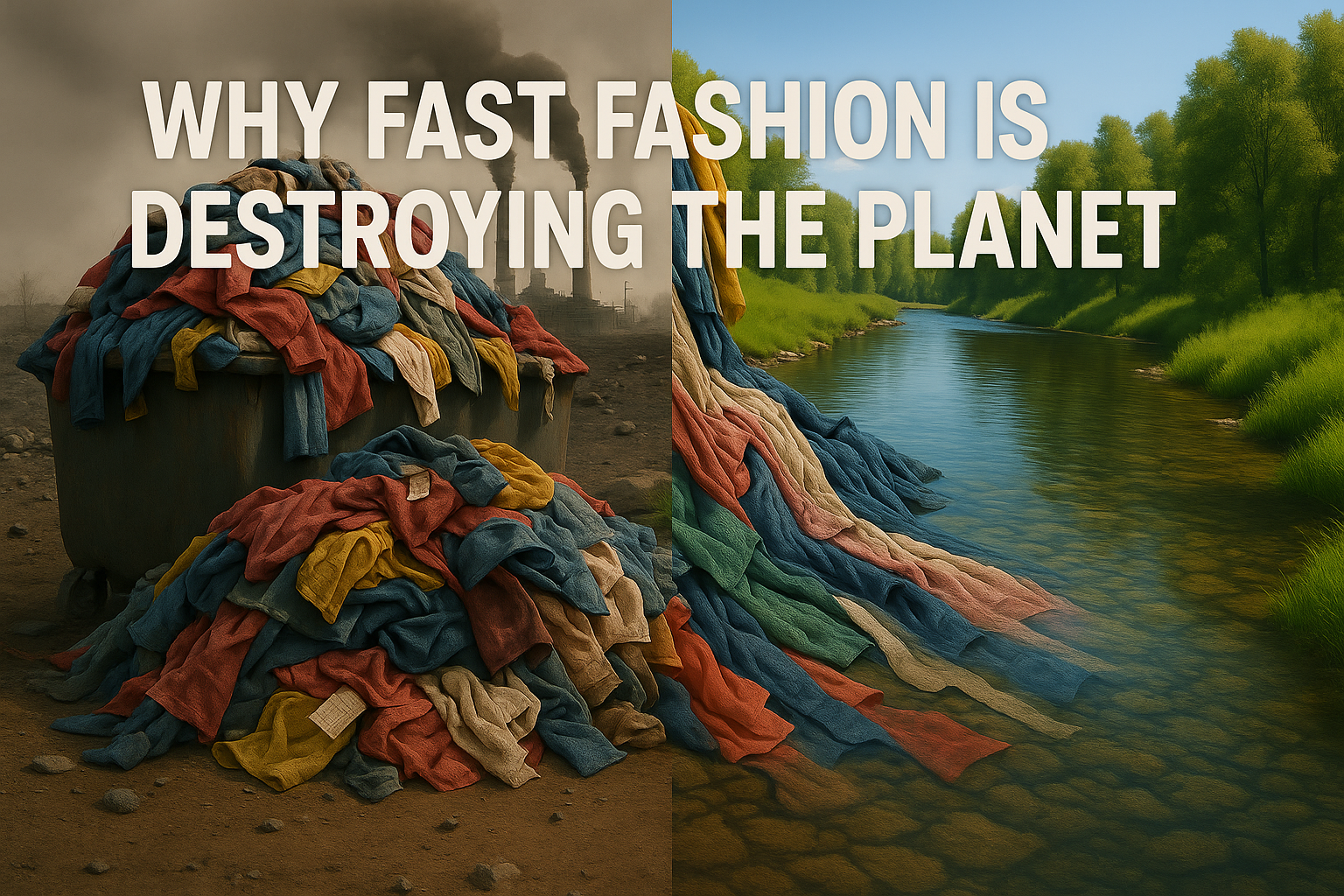Free speech has long been considered a cornerstone of democratic societies. The ability to voice opinions, criticize governments, and exchange ideas without fear of persecution underpins not only political freedom but also social progress. Yet, in today’s world, the question arises: is free speech being challenged?
The Shifting Landscape of Free Expression
The digital age has transformed how we communicate. Social media platforms allow billions of voices to be heard instantly, but they also introduce new gatekeepers: tech companies that decide what content is acceptable. While policies against hate speech, misinformation, and harmful content are often well-intentioned, they have sparked heated debates over whether moderation crosses into censorship.
On one hand, content rules can protect vulnerable communities and prevent the spread of dangerous falsehoods. On the other, they can silence dissenting voices and suppress unpopular opinions, leaving many to wonder whether “free speech” is being redefined.
Governments and Legal Pressures
Globally, governments have also tightened control over speech in different ways. Some countries implement laws against “fake news” or “disinformation” that critics argue are vague enough to stifle opposition. Even in democratic nations, new security or online safety regulations have raised concerns about unintended limits on expression.
The tension lies in balancing individual freedoms with collective responsibility. How do we prevent speech that incites harm without curbing healthy debate?
The Role of Public Opinion
It’s not just governments and corporations—society itself increasingly influences the boundaries of acceptable speech. “Cancel culture” and social backlash can deter people from sharing controversial views, even if those views are legal to express. While accountability is important, there is a risk of creating an environment where fear of reputational damage stifles open conversation.
Why the Debate Matters
Free speech is not absolute; all societies place limits on it in some form. But the current challenges highlight how fragile the balance is. If too many restrictions are placed, citizens may lose trust in institutions and platforms that claim to protect their freedoms. If too few safeguards exist, harmful rhetoric can spread unchecked.
The debate over whether free speech is being challenged is, in itself, proof of its importance. Openly questioning power, technology, and culture keeps societies vibrant and accountable.








